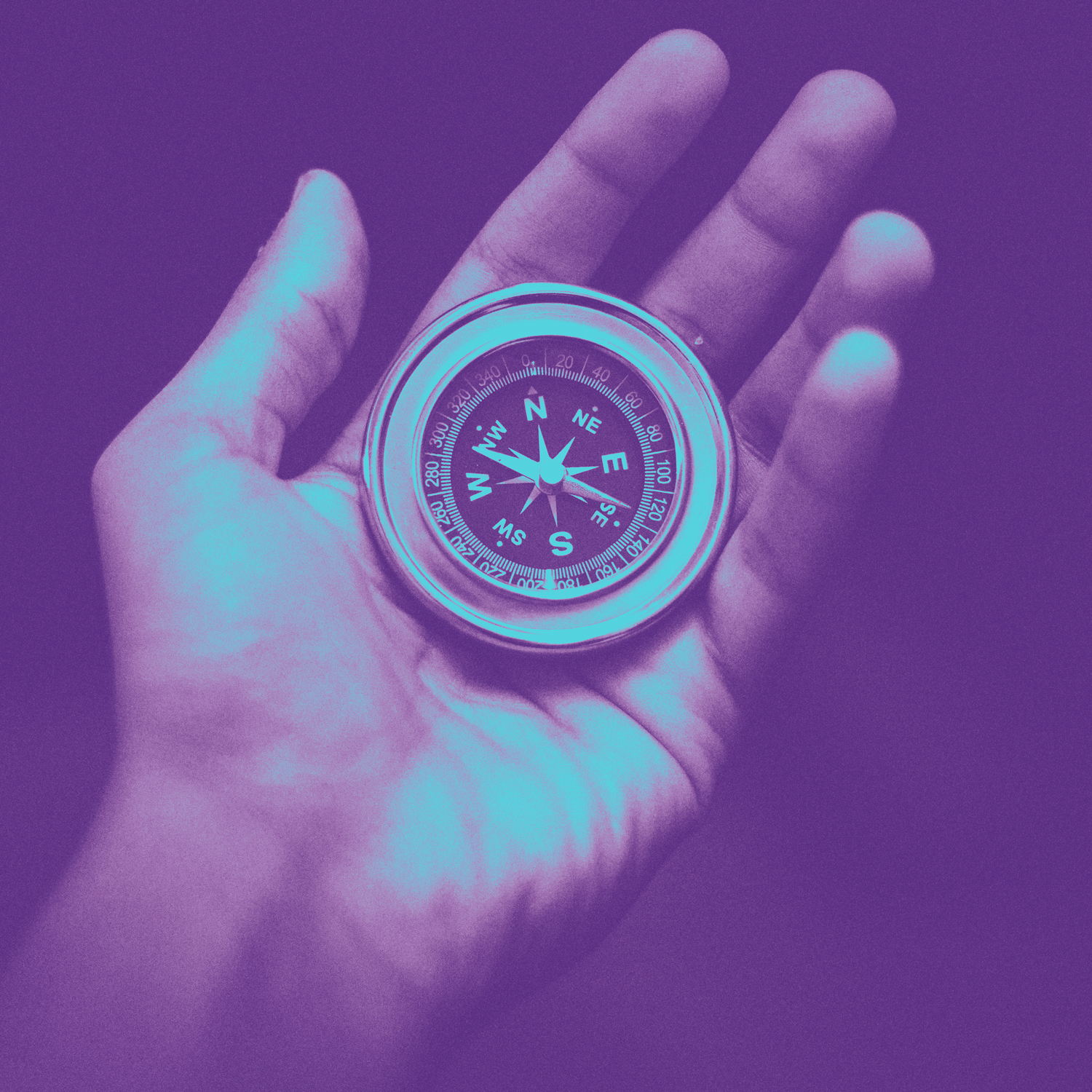Is It Possible to Recover Without Treatment?
There is an old saying, “Anything is possible.” Many believe this is true and perhaps it is. When it comes to addiction and whether someone can recover without treatment, a better question would be, “Is it probable”? From our experience, it is unlikely that a person can fully recovery without treatment.
When we refer to recovery from addiction, we do not mean simply stopping the use of drugs or alcohol. There are people who have simply stopped, some for long periods of time. What we usually find is that these people are often miserable.

White knuckling
Why? The reason is because for a time, drugs and alcohol were their solution. They used substances to medicate feelings of restlessness, irritability, fear, anger, and frustration. When they stopped, those feelings remained but their “medication” was gone. People who have stopped on their own often say they “white-knuckled it,” meaning it was a struggle.
We find that the vast majority of addicts and alcoholics who stop by using the “white-knuckle” approach relapse sooner or later. After they have relapsed, we often find their use skyrockets in a short period of time. Why is this? The primary reason is that the disease and the underlying conditions that may have largely contributed to the addiction have not been treated.
Centers in the mind
Addiction is a disease that largely centers in the mind. People with addiction in their family, as well as depression, anxiety, and other psychological challenges, tend to be more susceptible to this disease.
When these people start using drugs or drinking, they often find that these underlying conditions subside for a period of time while they are using. But in short order, many find themselves addicted physically and psychologically to the substances they have been consuming.
Treating depression, anxiety or other mental challenges with illicit drugs and alcohol is the worst possible thing anyone can do, regardless of whether they become addicted or not. These substances actually make these underlying conditions much worse. For example, alcohol is a depressant. If the person has depression and consumes large amounts of alcohol, the depression will become much worse.
Therapy a must
To truly “recover” from addiction and not white-knuckle it, we believe some form of therapy is required. It is necessary to treat the addiction and any underlying conditions that may exist. This requires a reprogramming of the mind as it heals through the recovery process. In many instances, non-addictive medications may also be required, at least short term.
Most people who seek treatment go through some form of addiction treatment therapy. In our experience, combining effective clinical therapy with a traditional 12 step approach tends to work quite well.
Good decision-making
Regardless of the approach to treatment, what is essential is that the brain be reprogrammed through the carving of new healthy neural pathways. When a person sees a hot stove, they do not think they are making a decision not to touch it but consciously, or sub-consciously they are. Through a strong recovery process, drugs and alcohol and all the associated negative consequences turn into that hot stove they don’t want to touch!
As the areas of the brain responsible for judgment begin to wake up and heal, it needs positive experiences to contrast with the horrible experiences of active addiction. When this happens, the areas of the brain responsible for judgment begin to recognize the difference between the positive outcomes of recovery versus the incredibly negative outcomes of active addiction.
In short, the brain starts to actually help the person continue on their recovery journey.


